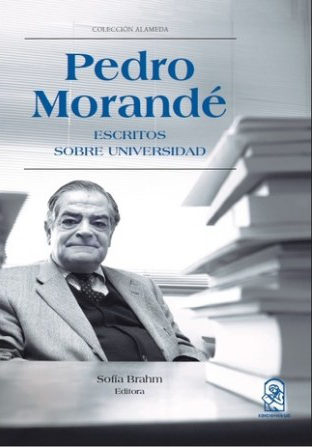The Intoxication of Violence
“Since satisfactory answers [to the question of the meaning of human existence] have not been found apart from Christ, there is an attempt today to cancel the questions or at least to rob them of their dramatic quality. We are living in a time marked by nihilism. But it is no longer the same nihilism as in the first half of the century. The earlier nihilism was ideological and programmatic. Following Nietzsche, it aimed to fill the vacuum left by the abandonment of personal and social morality with the will to power; it desired to return to ‘the birth of tragedy,’ to challenge the Lord of history by declaring him dead and dispensable. Its purpose was to overturn the calculating, everyday morality of the bourgeoisie through the dramatic éclat of the hero, who has no model other than his own action and will. The nihilism at the basis of the totalitarian ideologies disguised itself as an enthralling optimism, as the conquest of new goals. It could … appear on various stages of the world as the ideology of ‘the great march,’ the great leap forward. … Its last death-rattle was urban warfare, terrorism, the intoxication of violence merely for the sake of violence.”
Pedro Morandé, Dean of the Faculty of Social Sciences at the Catholic University of Chile


